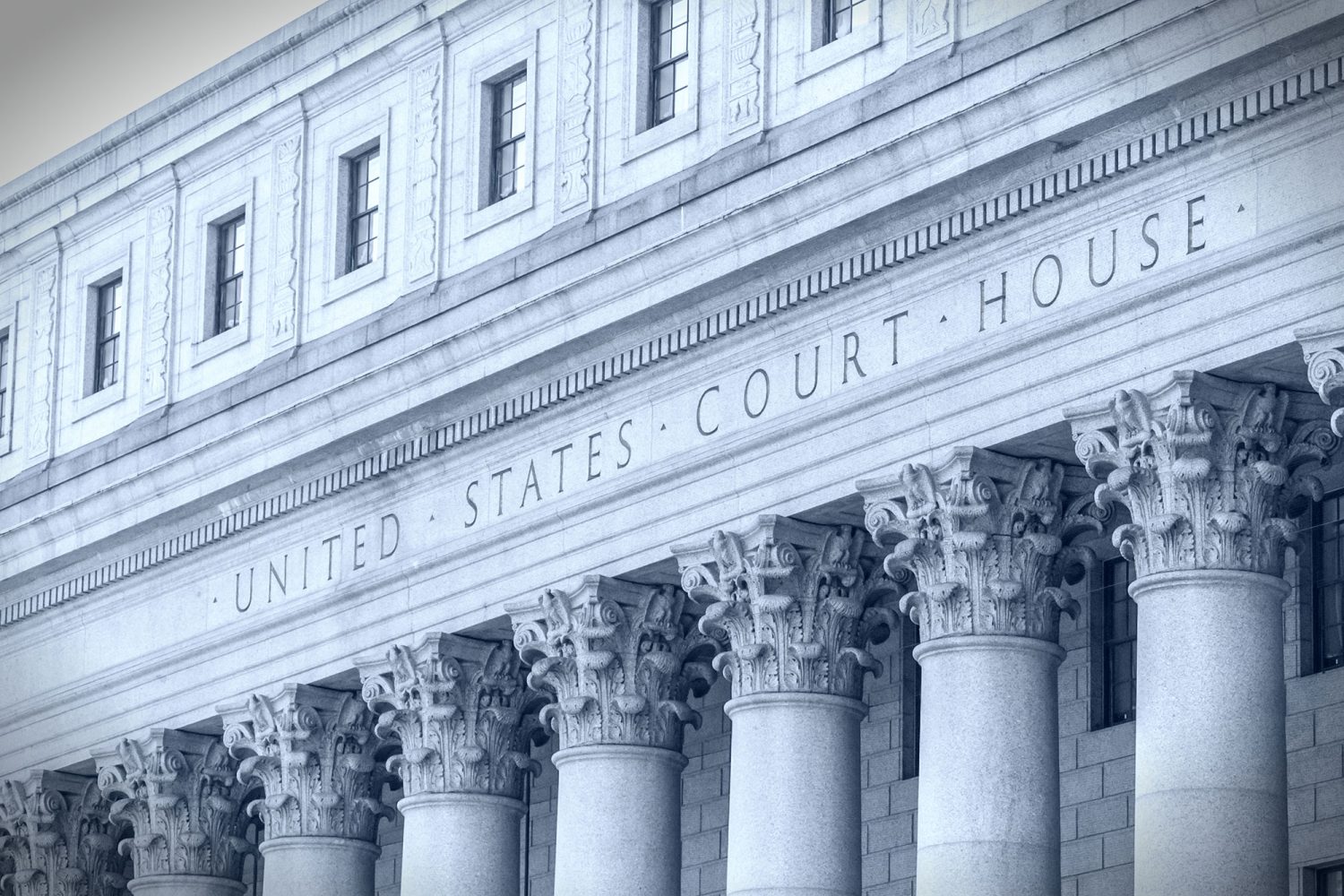Why Would I Participate in a Proffer Session?

If you are being investigated for a white-collar crime, you may receive a proffer letter from a federal prosecutor. Depending on how the proffer session is handled, this may be a good or bad thing for your case. So before agreeing to a proffer, you first need to understand a proper proffer definition, along with its pros and cons.
Proffer Definition
As a defendant or a witness to a white-collar crime, you may want to offer information to the prosecutor in exchange for some benefits, including;
- Reduced charges
- The case being dropped
- A lower sentence
- Protection from the ongoing investigation
But the prosecutor isn’t sure you’ll tell the truth or have useful information. This is where a proffer letter comes in. It’s an agreement drafted by the prosecution defining the ground rules for an interview between the prosecutor and other investigators and the witness or defendant accompanied by their lawyer.
The letter allows the defendant or witness to share information that the prosecutor can consider when determining if they can extend benefits. Think of it like an audition to determine cooperation with the prosecution.
During a proffer session, the defendant or witness must disclose everything they know about the crime to the prosecution. The defendant or witness is legally bound to tell the truth without withholding relevant information.
As a defendant, you cannot minimize your involvement in the crime or exaggerate the role of others. A proffer isn’t an opportunity to play the blame game or paint yourself as innocent.
The Pros and Cons of a Proffer to a Defendant/Witness
A proffer agreement doesn’t promise absolute immunity; instead, it’s an agreement for some level of use immunity. Use immunity prevents the prosecutor from directly using statements the individual provides at the proffer at trial if the individual is prosecuted. However, use immunity doesn’t apply in certain scenarios:
- If the individual lies during the proffer session, use immunity doesn’t prevent the prosecution from using the statements to prosecute the individual for false statements under 18 U.S.C. § 1001
- If the individual says one thing in a proffer session and then another in court, the immunity doesn’t prevent the prosecution from using the person’s statements to impeach him or her at a trial.
- If the prosecution has independent evidence, use immunity doesn’t stop them from using it to make their argument in court.
- Any information you provide may be used by the prosecution to obtain other evidence and that evidence can be used against you.
The type of protections extended is clearly outlined in the proffer letter and can not be negotiated. It’s important that the individual understands the proffer terms before attending a proffer session.
How to Prepare for a Proffer Session
You should work with an experienced and trustworthy white collar defense attorney. It’s the lawyer’s job to ensure your rights aren’t violated. They’ll create a strategy before going into the proffer session and stick to it.
During the proffer session, you must be truthful, as this is your best bet for getting the best possible outcome from the proffered deal.
Hire an Experienced White-Collar Defense Attorney
Suppose you’re a defendant or a target in a federal investigation and are considering cooperating with the prosecution in exchange for a reduced sentence or dropped charges. In that case, you should hire an experienced white-collar defense attorney that understands proffer processes, can give you a proper proffer definition, and can advise you accordingly. Warren Law Group lawyers understand the process, anticipate prosecution moves, and have great negotiation skills. We seek to get you the best possible result while reducing the risk involved. Call us today for a free consultation.
